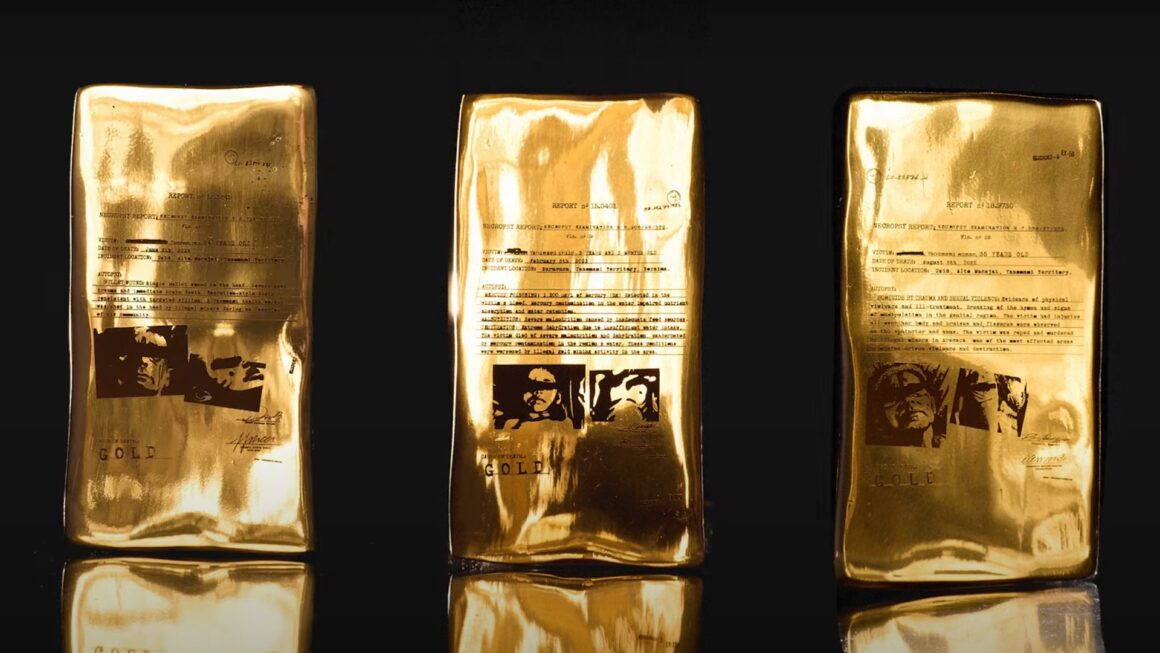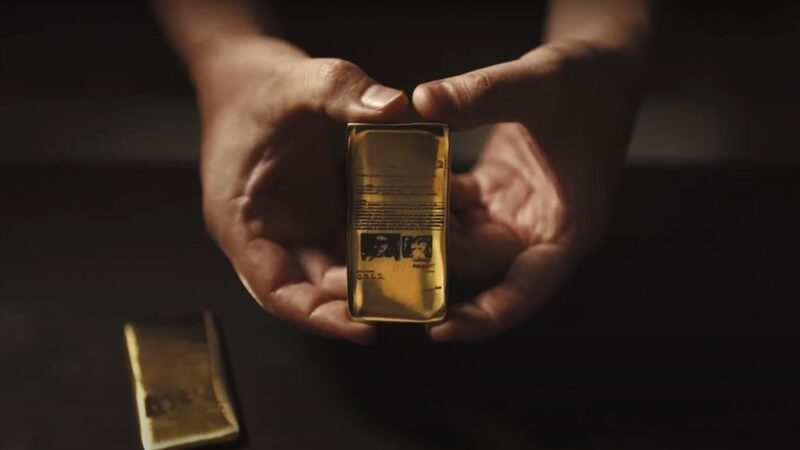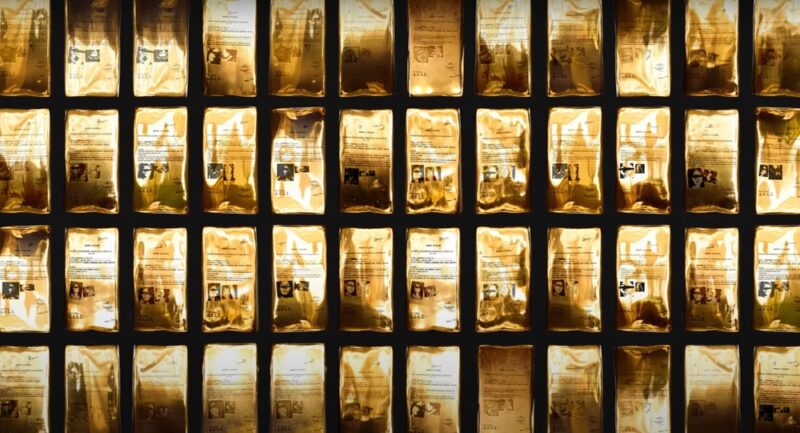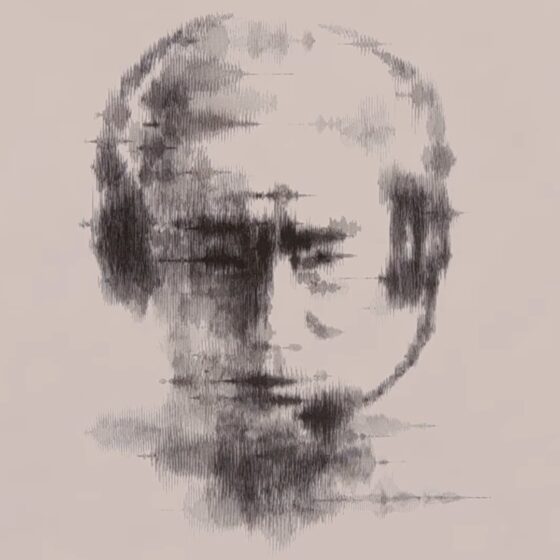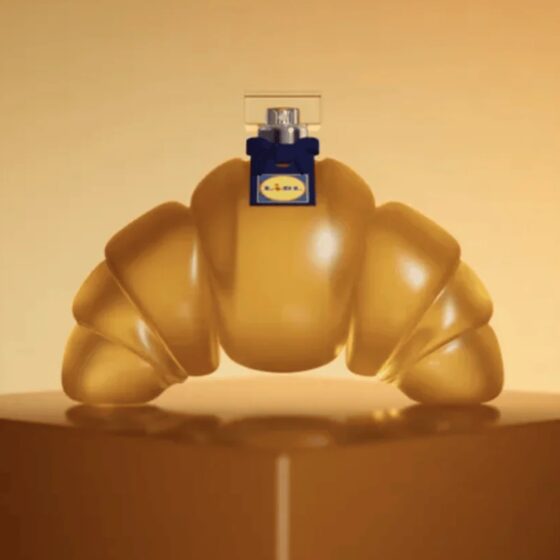Gold is a highly valued material that many people around the world appreciate not only because of its rarity and beauty but also because it carries a sentimental power. Used for engagement rings and other jewelry, gold has long been associated with love and commitment. The precious metal is also a symbol of wealth and luxury, a statement piece for those who seek to express success and power, and a popular choice among investors.
Yes, gold is recognized and valued globally, with prices fluctuating based on the global market. In a retail context, gold’s price includes craftsmanship, design, and brand. Unfortunately, the ethical and environmental cost of gold often goes unnoticed.
Last year, Brazil — where a significant reserve of the world’s gold lies — exported 111 tons of gold. Shockingly, around 71% of the total amount was of illegal origin. The consequences of illegal mining go beyond environmental destruction; they also tragically affect the populations living in the targeted areas. The Yanomami, a group of indigenous people who live in the Amazon rainforest, have been severely affected by the illegal activities of gold mining, with mortality rates spiking because of the gold trade.
To address the issue, the Urihi Yanomami Association teamed up with the Brazilian Police and, creatively guided by DM9 agency, launched the “Death by Gold” campaign, engraving the devastating effects of illegal mining onto illegal gold bars, making visible the true human cost behind the smuggled gold extraction. 50 such gold bars were transformed into death certificates, each telling the story of an indigenous person who lost their lives because of contamination, violence, or negligence.
Manually engraved, these gold bars were then photographed and exhibited in countries that buy illegal Brazilian gold. This allowed people to inform themselves about the origin of the metal they buy and ask for transparency from luxury jewelry brands. So far, Rolex has announced that it has implemented a series of actions to track its supply chains. The campaign states that two others, Tiffany and Pandora, have initiated temporary halts in sourcing Brazilian gold.
“Gold is devastating for my people. The end of illegal mining on Yanomami land will only come when illegal gold no longer has buyers. As long as there are buyers, financiers, and accomplices in the market — whether companies or jewelry brands — the cycle of destruction will continue. Illegal gold doesn’t appear out of nowhere; it is fueled by greed, negligence, and the complicity of those who profit from the suffering of the Yanomami people. This chain must be broken. Those who finance this crime must be held accountable. Only then can we ensure a future for Yanomami Land — free, healthy, and respected,” says the Association on its Instagram page.
CREDITS
Brand: Urihi Yanomami Association
Agency: DM9
